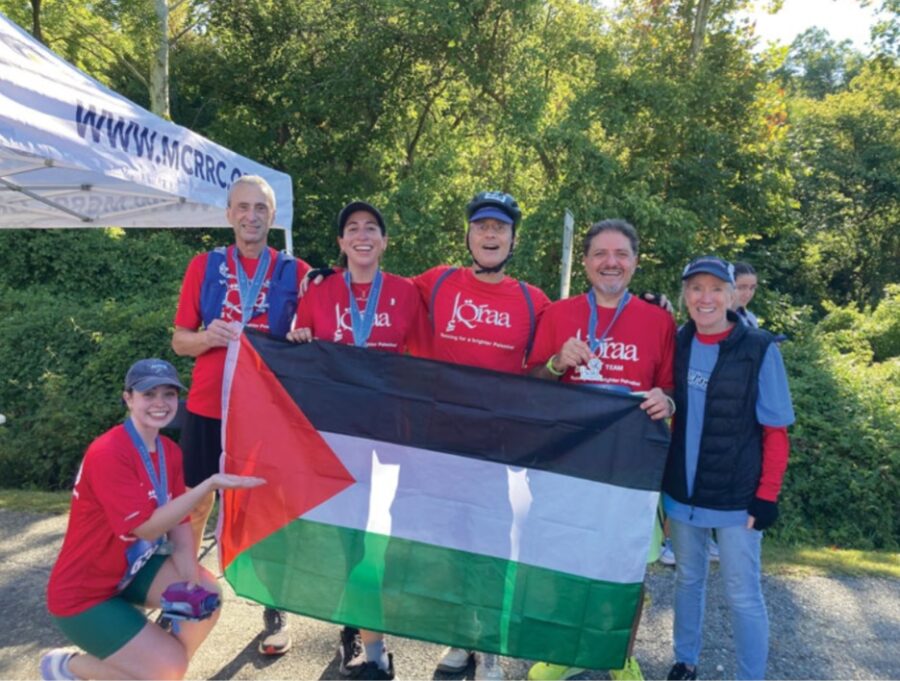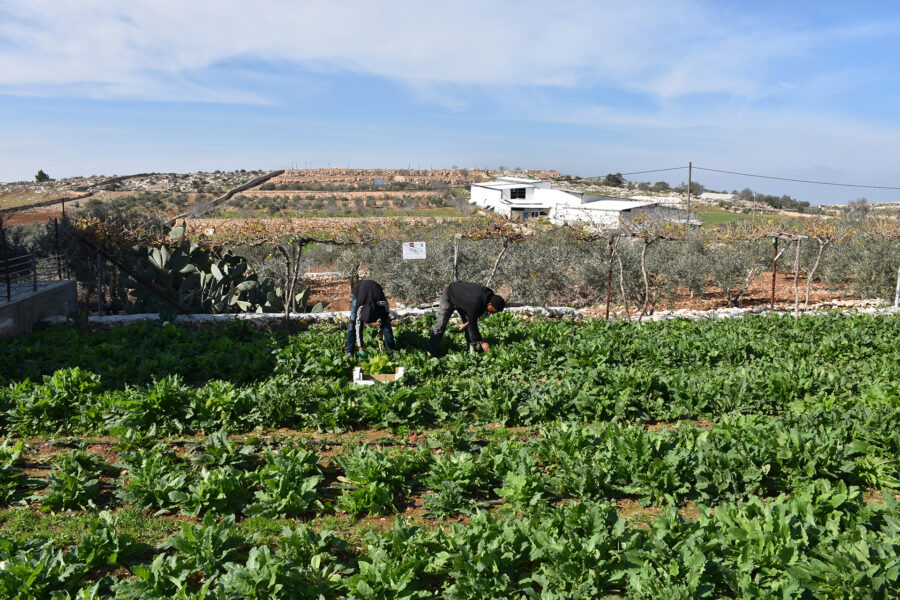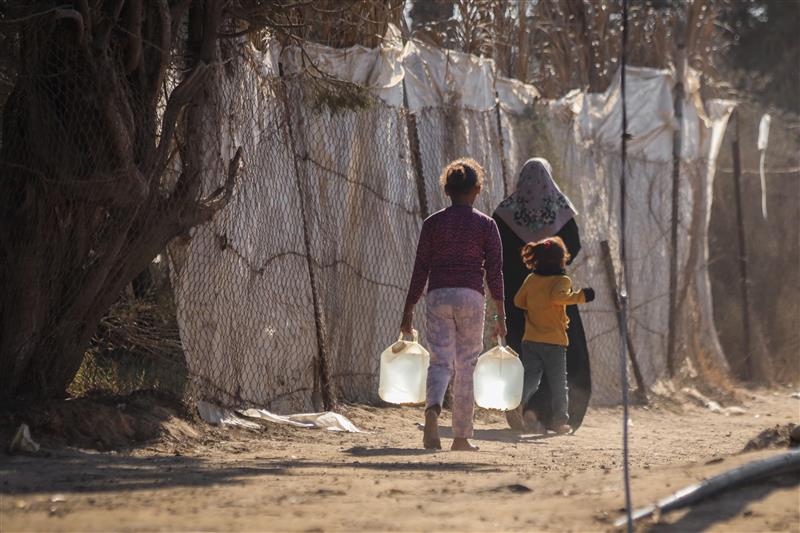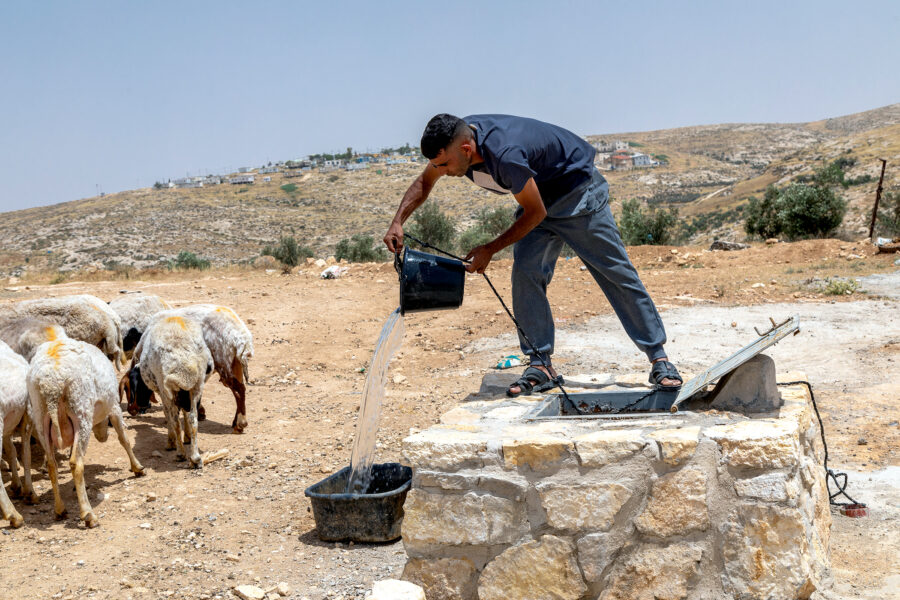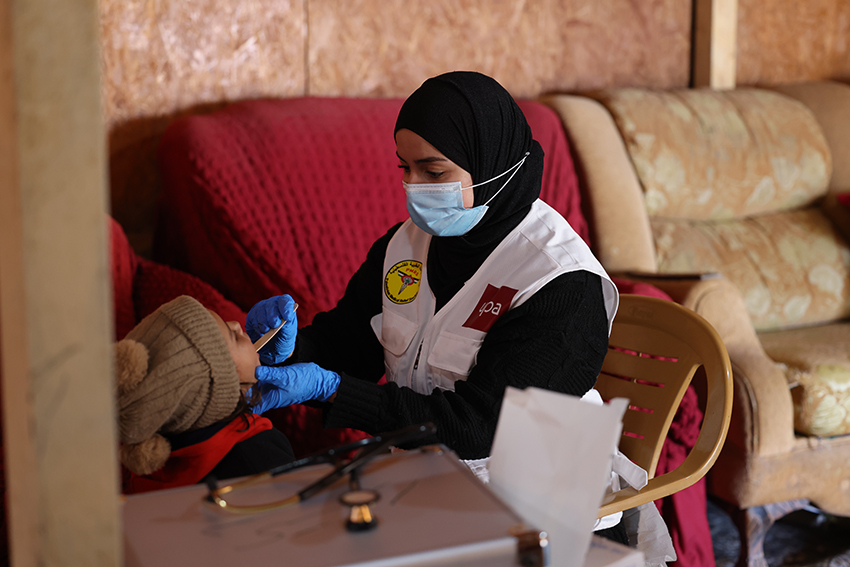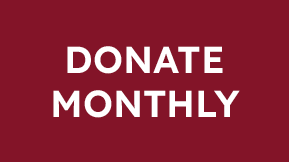Iqraa: Running for a Brighter Palestine
Hope. It’s spring again and, despite the causes of our sorrow, there’s reason to hope.
This Land is Our Land
Around this time in 1976, 2,100 hectares of land owned by Palestinians in the Galilee were confiscated by Israel.
Palestinian Mother’s Day-A Somber Celebration
Each spring, families across the world celebrate Mother’s Day, a day of flowers, breakfast in bed, and makeshift gifts for our matriarchs. If spring is the season of hope and life, mothers are the settled roots that remain grounded and steady year-round. Mother’s Day in this sense sounds simple and pleasant. A familiar embrace of traditions: showcasing a child’s handmade coupon book or sharing breakfast with a bouquet of fresh flowers often handpicked from a nearby garden or field. However, this Arab Mother’s Day, nothing is familiar, particularly for the mothers of Gaza.
UPA Stands with Our People in Masafer Yatta
Recently, history was made when journalist and Masafer Yatta resident, Basel Adra, became the first Palestinian filmmaker to be awarded an Oscar for his film, No Other Land, a documentary, takes place in Masafer Yatta, a community in the occupied Southern West Bank.
International Women’s Day-Solidarity with Palestinian Women
March 8th marks International Women’s Day– a day to celebrate our collective strength, resilience, and the abundance of beauty to be found in each one of us no matter where we might be. We at UPA want to focus on a group that embodies these values despite the most impossible deprivation and violence: the Palestinian woman.

